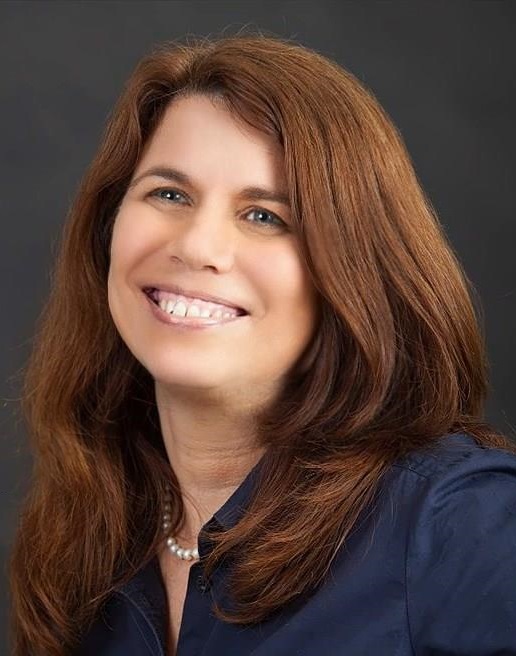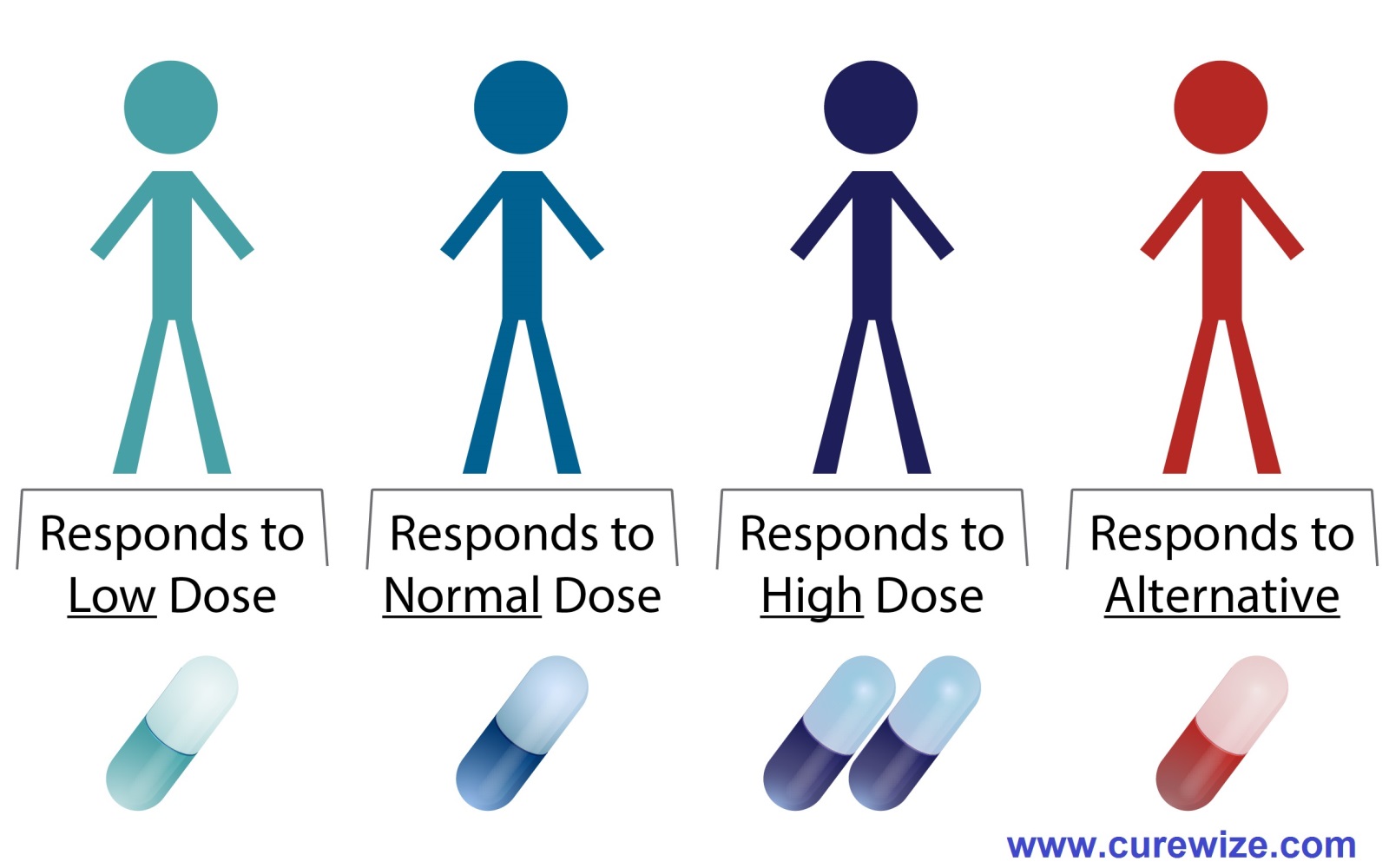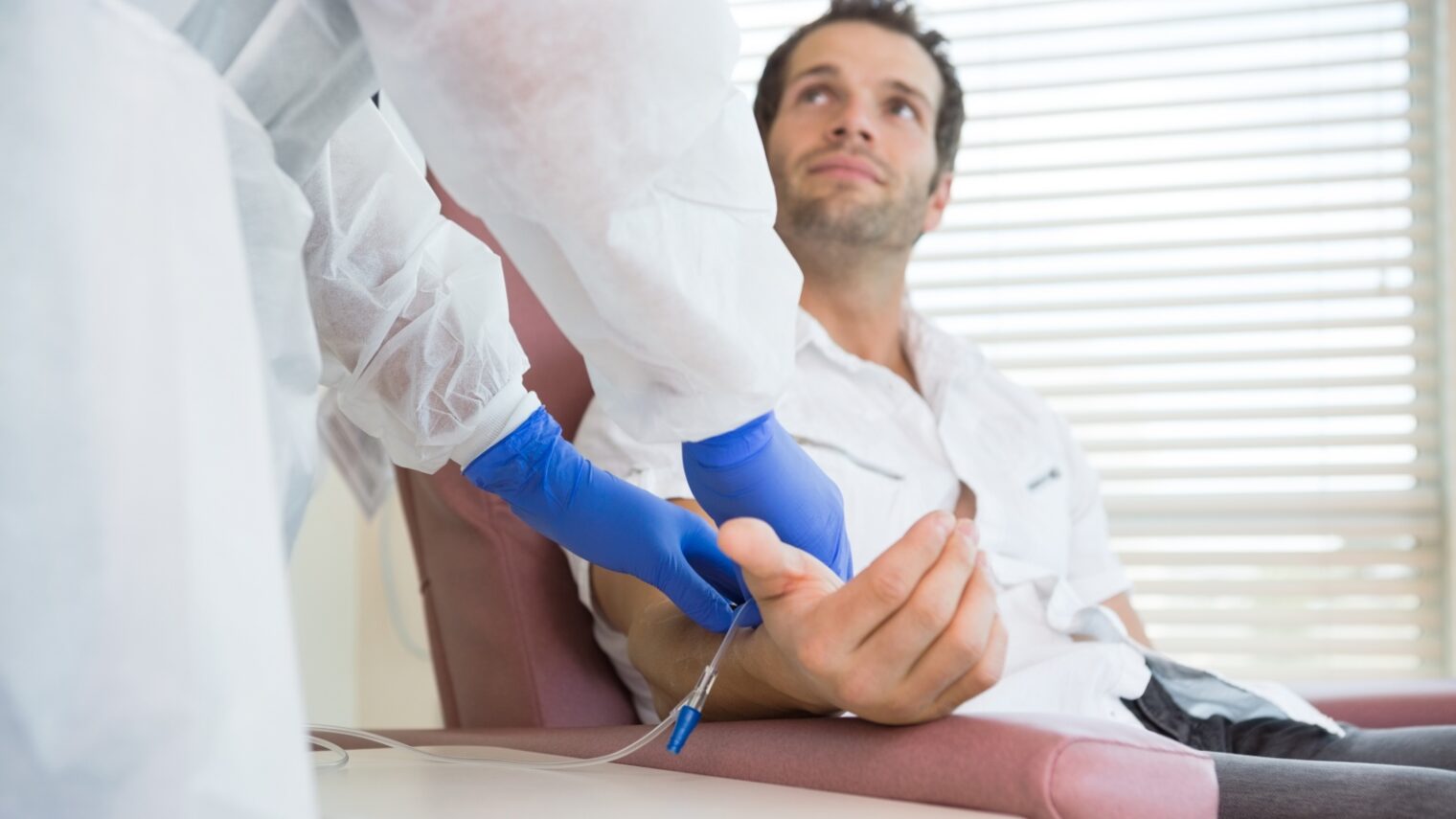Last year’s stunning $12 billion acquisition of Kite Pharma, which commercialized made-in-Israel CAR-T technology to train a patient’s own immune system to attack lymphoma cells, has put the spotlight on Israeli cancer research.
Immunotherapy treatments like CAR-T hold enormous promise for addressing – and in some cases even curing – cancer, but they don’t work for everyone. The same problem crops up with other cancer-fighting drugs: Because every person’s chemical and biological makeup varies, determining the exact amounts and combinations of therapies for a specific patient can be a challenge. A tiny variance can spell the difference between life and death.
Enter personalized medicine, which uses sophisticated methods to screen patients and match them with the right medicine for their particular illness.
Israel has become a hot spot for the development of personalized medicine, in part due to local expertise in processing and manipulating data, digital-health consultant Neta Kela Madar tells ISRAEL21c.
“When we’re talking about screening data, protecting data, and building a high-tech platform for data, that’s where Israel’s value is,” explains Madar, who has a PhD in immunology.

Jennifer Yarden, CEO of Curewize, a Yokne’am-based company developing diagnostic systems for personalized medicine, adds that Israel has established a “personalized medicine ecosystem that includes world-class research institutes, large health/medical organizations, technology-transfer groups and favorable government policies towards innovation and startup companies.”
Here are six Israeli companies developing personalized medicine systems for cancer.

Curewize’s flagship product is a lab test that measures the bio-marker microRNA in order to determine how a cancer patient suffering from acute lymphoblastic leukemia (ALL) will respond to treatment. Depending on the level of microRNA, Curewize can predict whether standard or intense therapy is required.
“We don’t want to over-treat people and wind up with long-term health disorders,” Yarden tells ISRAEL21c.
Whereas normal testing in Israel and Europe requires three to four bone-marrow samples taken at different intervals while treatment is underway, Curewize can get to the same level of accuracy with just one bone-marrow aspiration before treatment starts.
The microRNA level can also reveal which patients won’t respond to even the most intense treatments, making them good candidates for clinical trials. Tracking ALL is just the start. By “industrializing lab tests, our plan is to create a conveyor belt of products,” Yarden says.
Rosetta Genomics also develops diagnostic programs for cancer based on microRNA bio-markers as well as other advanced sequencing techniques. The company matches its lab-based work with bioinformatics, an interdisciplinary field that combines computer science, math, statistics, biology and engineering to analyze and interpret biological data.
RosettaGX’s “Reveal” product uses microRNA to classify indeterminate thyroid modules. Other products focus on prostate, bladder and lung cancer. RosettaGX CORE helps diagnose the 12% to 15% of cancers classified as “unknown” with 90% sensitivity.
The company was acquired at the end of 2017 by US-based oncology laboratory network Genoptix, which has pledged “to deploy the resources necessary to accelerate the growth of RosettaGX Reveal as well as add Rosetta’s solid tumor testing services to Genoptix’s existing product portfolio.”
This Jerusalem-based company has developed a live cell technology that looks at the activation level of “signaling pathways” in a cancerous cell. Signaling pathways control such functions as cell division and cell death; mutations in the DNA that controls such pathways often results in cancer.
Physicians send genomic data by email to NovellusDX (no patient samples are needed). NovellusDX’s technology then emulates the patient’s signaling pathways outside the body on a biochip.
After an incubation period, the synthesized cells are scanned and analyzed using proprietary algorithms that allow tumors to be identified and personalized drug therapies to be tailored to individual patients by the physician or through partnership with a bio-pharmaceutical company.
The technology monitors “cross-talk” interaction between mutations and genes, and provides a concise report for the oncologist. The company has raised $16.5 million.
Champions Oncology takes a different approach to matching the right meds to specific cancers: the company’s TumorGraft platform recreates the patient’s tumor in immune-deficient mice, allowing multiple anti-cancer drugs to be tested and evaluated to find the best potential treatment for that particular patient.
There are TumorGrafts available for both solid tumors and blood cancers. Physicians receive a report on the effectiveness of each tested cancer therapy. Champions also offers genome sequencing to help physicians understand the exact genetic makeup of a patient’s tumor.
The company, which began in Herzliya, has its headquarters in the US and is publicly traded on NASDAQ.
Researchers at the Technion-Israel Institute of Technology developed a novel approach of matching tumors to treatment by recreating the familiar “allergy test” in miniature. The technology was spun into a company – Barcode Diagnostics – in 2017, after receiving seed funding from the venture capital fund NGT3.
In a typical allergy test, small amounts of potentially allergenic substances are introduced to the body. The Technion approach, described in the science journal Nature, packs minuscule “packages” of anti-cancer drugs inside dedicated nanoparticles.
These are then injected into the bloodstream, where they find the tumor – which then swallows up the package. Attached to the package is a synthetic DNA sequence that acts like a barcode reader. After 48 hours, a biopsy is taken to “read” the results. Did the drug work against the tumor?
The mouse-model results so far are promising, and no side effects have been observed. The testing currently targets tumors, but the same approach could work for other types of illness. One of the lead researchers, Zvi Yaari, won the Dan David Prize in 2018 for his work.
If cancer spreads or tumors increase in size while a patient is undergoing treatment, physicians must switch to a next-line therapeutic as soon as possible before the patient’s condition deteriorates further and makes such treatment impossible.
That’s where Optimata comes in. The company’s first product, PrediCare, can find an individual’s “disease progression moment” by looking at the bio-markers from the patient’s most current tumor assessments and algorithmically foreseeing where the disease might go next, based on the data the company has collected from other patients.
PrediCare’s machine-learning methodology amplifies weak signals from multiple tumor markers into a stronger signal that can indicate forthcoming progression. Optimizing the timing of a switch in treatment contributes to better patient outcomes and extended overall survival, the company says.

















